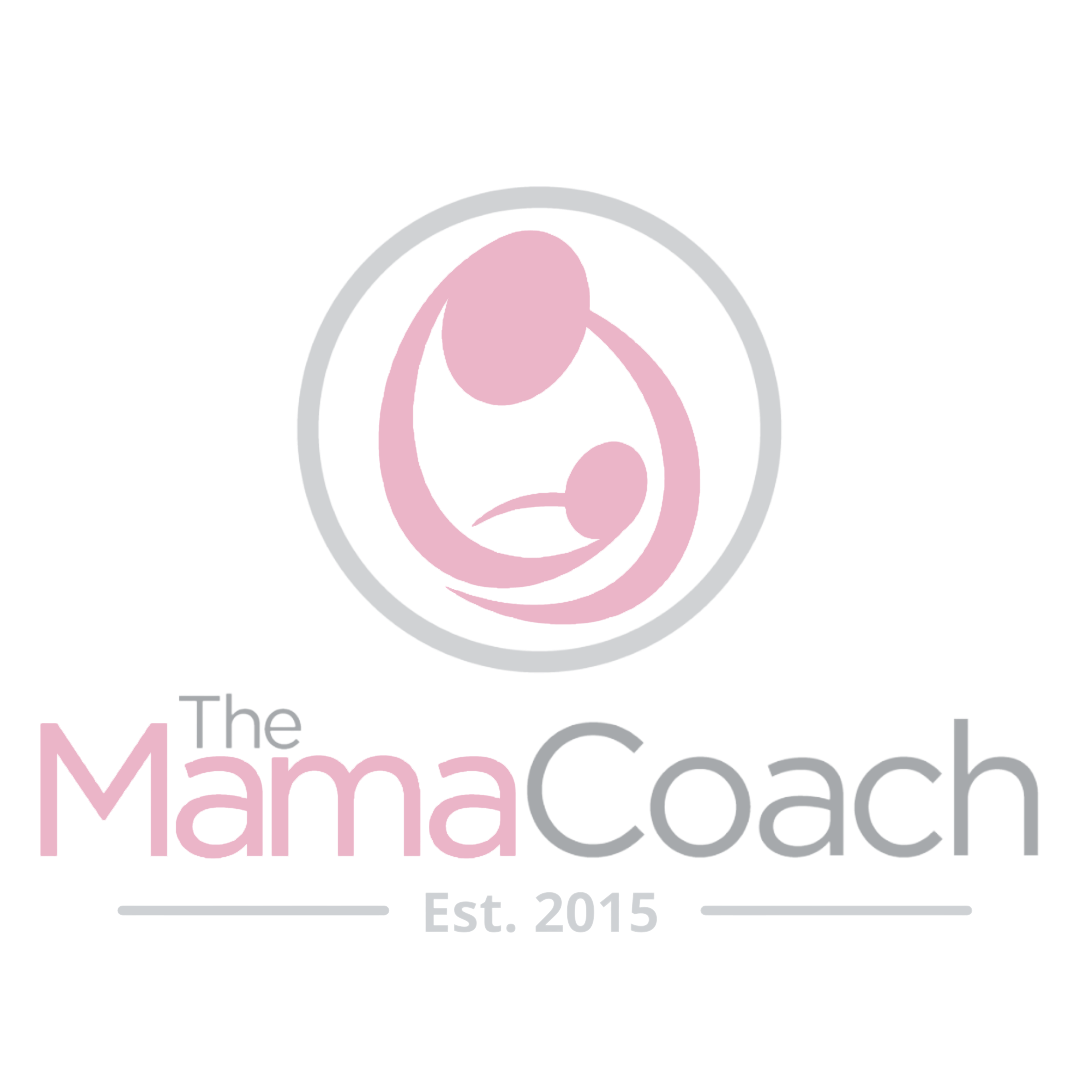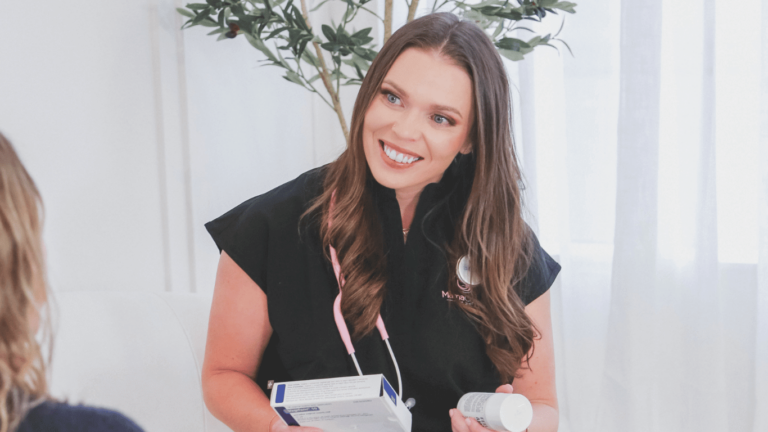Is this why women are struggling with perimenopause?
I am a young woman, or at least I consider myself to be.
I have a husband and two boys. I am a busy mom, a Registered Nurse, and a business owner.
I have always thought I took pretty good care of myself. Exercised when I could (probably could have been more consistent), and ate “okay”. I spent my days thinking mostly about my client’s health since I am a nurse in private practice, and not much time thinking about my own.
I feel like health is one of those things you don’t think much about until you are forced to.
I was 39 years old, and in the middle of the global pandemic, when all of a sudden I felt like I had a urinary tract infection (UTI). Strange — I hadn’t had one in years and didn’t consider myself “prone” to getting them.
I made an appointment with my doctor and went to see her. My urine was clear, but the decision was made to treat me as if I did have a UTI as my symptoms were really bothering me.
The cycle continued
The antibiotics didn’t help, so we tried another kind. I felt some improvement, enough that I was able to get back to focusing on my work and my family. Phew, I was on the mend.
Wouldn’t you know it, after a few weeks, my symptoms returned — burning, pain, and so much urgency. Once again I went to see my doctor and this time we did a urine culture which showed no signs of infection. So what the heck was going on with my body?
I had more tests — everything came back normal. I was told it was likely Interstitial Cystitis. The American Urological Association defines Interstitial Cystitis (IC) / Bladder Pain Syndrome (BPS) as “a chronic bladder health issue. It is a feeling of pain and pressure in the bladder area. Along with this pain are lower urinary tract symptoms which have lasted for more than 6 weeks, without having an infection or other clear causes”. There is no test to diagnose IC, it is a diagnosis given after everything else has been ruled out! The typical treatment includes avoiding certain foods (citrus and coffee as examples), practicing pelvic floor physiotherapy, and medication (antidepressants are most common).
In my gut, I knew this diagnosis was not correct. I tried an elimination diet, and nothing changed. Every month I would struggle. That is when I started to pay attention to my body.

Could it be related to my cycle?
Every month during the second half of my cycle (the luteal phase) my symptoms would return. Burning, pain, urgency – it was more than a nuisance. It was impacting my daily life, and causing me distress. Being a nurse, I started to do some research and realized that my symptoms very much aligned with the Genitourinary Syndrome of Menopause. But, how could that be? I was only 39 years old and still had a regular monthly cycle.
The Menopause Society defines the Genitourinary Syndrome of Menopause as “the symptoms and signs resulting from the effect of estrogen deficiency on the female genitourinary tract. The most commonly reported symptoms include irritation of the vulva, inadequate vaginal lubrication, burning, dysuria [painful urination], dyspareunia [painful sex], and vaginal discharge”.
Okay, this was starting to make more sense to me. I learned that the average age of menopause was 51 years old, and that perimenopause could start up to 10 years before that. Meaning, it was completely reasonable that my symptoms could be related to perimenopausal changes happening in my body.
Finding the right support during perimenopause and menopause
My next daunting task was to find a healthcare provider who would believe me. Did you know, that women spend half of their lives in perimenopause and menopause, yet healthcare providers know very little about these major life cycles? This is a huge issue affecting women’s health today! Not only that, many healthcare providers receive little to no training on menopause, yet treat women daily in their practices.
I knew the first line of treatment was vaginal moisturizers, so I made sure I tried that. I also convinced my family doctor to prescribe me a low-dose vaginal estrogen which is a common treatment for the Genitourinary Syndrome of Menopause. Lo and behold, I felt so much better! I was told I could use the vaginal estrogen for 3 months, and then shouldn’t need it after that.
The next three months were so much better in my body. I felt like myself again and was so relieved. After my prescription ran out, and I stopped the vaginal estrogen, all of my previous symptoms returned. I dove back into the research and learned that the Genitourinary Syndrome of Menopause continues throughout a woman’s lifespan — it is not something to be treated once and then it goes away.
Back to my healthcare provider I went, again. I worked hard to share research with her to prove it was safe for me to continue on this medication. After some convincing, she wrote me another prescription and again my symptoms improved.

Women deserve qualified, evidence-informed support in perimenopause and menopause
This is only the beginning of my story, and I will share more here on the blog.
I feel it is important to talk about this because I am an RN with a maternal/child/women’s health background who could research and find supporting evidence, as well as have the confidence to advocate for myself. Thankfully, I also had a provider who was willing to listen.
The alternative path would have been to believe the diagnosis given to me of Interstitial Cystitis. Fast forward down that path and I would be struggling with ongoing, life-interfering symptoms, on antidepressants, and consuming a restrictive diet — all of which would have done nothing for my long-term health.
I have heard countless similar stories from women who are struggling with a multitude of perimenopausal/menopausal symptoms (the list is long) and not being listened to by their healthcare providers — their symptoms being brushed off, and/or they are being told their symptoms are a normal part of female aging and there is nothing to be done but accept this new ‘normal’.
This is one of the many reasons I felt inspired to develop a comprehensive Women’s Health program here at The Mama Coach. Our program is centred around active listening first, and then providing evidence-informed education, support and treatment (by our NPs) to help women feel great as they move through perimenopause and menopause.
I hope you will join me and follow along here — you deserve to be heard, and you deserve to feel great in your own body! I care deeply about women — for years I have committed my practice to fill the maternal/child healthcare gap (which is wide), and am expanding to ensure women of all ages receive the competent care they need.
I see you — and I am sending you so much love and support.
Carrie Bruno, RN, IBCLC, MSCP (Menopause Society Certified Practitioner)





